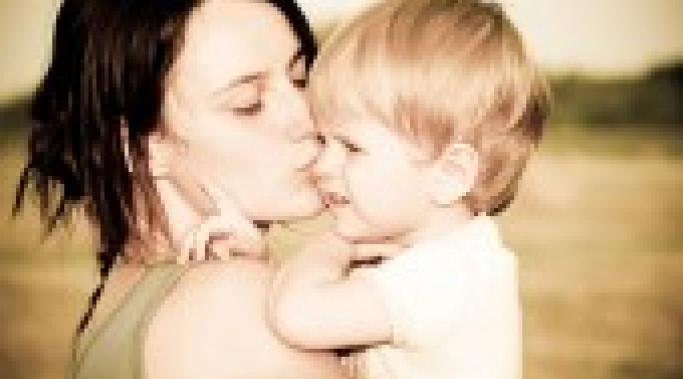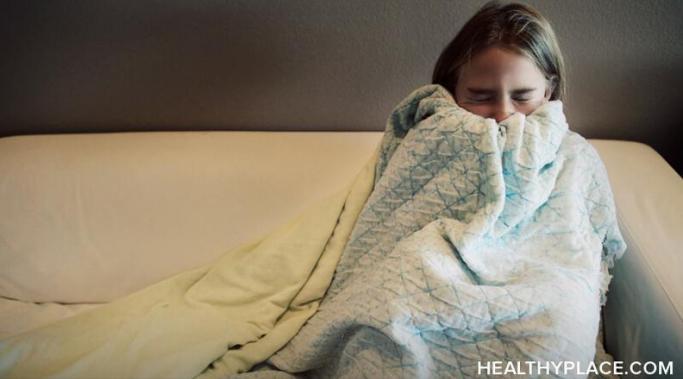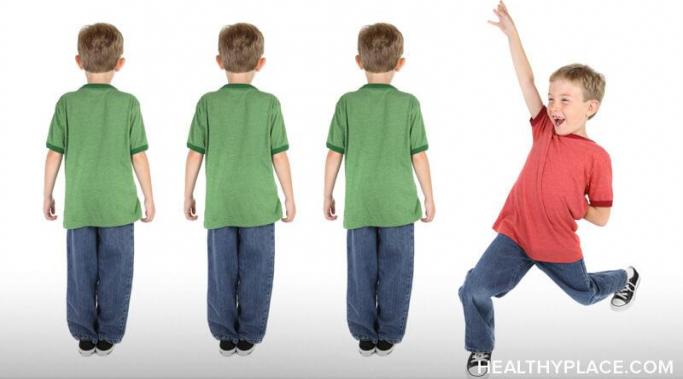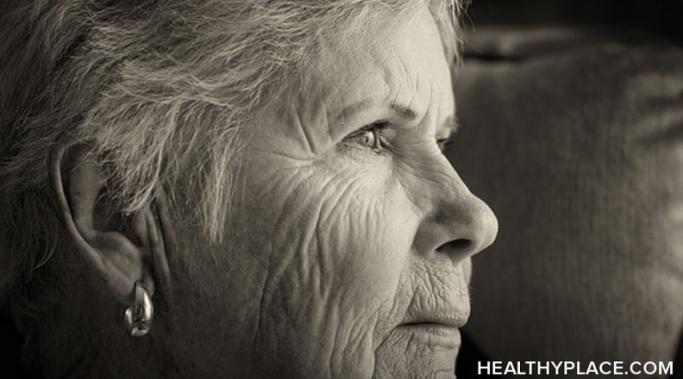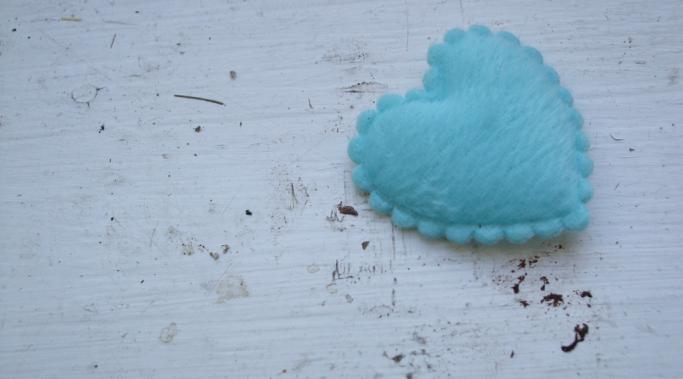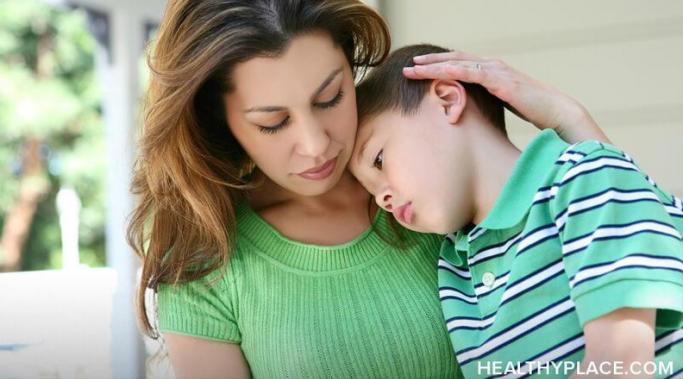Blogs
Sleep and time are two things I feel that I am severely lacking now that I am back to work full-time. Being a relatively new mother, I look at my more experienced counterparts with envy—they can seemingly juggle the obligations of being a mother, spouse, and working woman with ease. Ask them what their schedule is like for the next week, and they can rattle off a list of doctor appointments, play dates, and other necessary errands that keep the household running. Plus, they seem to possess the magical ability to whip up a mean casserole dish with whatever leftovers they find in the fridge.
It's all well and good to talk about anxiety awareness, but first, you need to know what to look for: What are the signs of anxiety, stress, and panic? Your body signals you to oncoming panic and anxiety in a variety of ways, and if you know what to look for, physically and psychologically, then you can figure out the best anxiety treatment for you.
I am one of the people who hate to see their doctor. If it were up to me, I would never go. (OK, it is up to me, but it doesn't feel like it.) It's not that I have a bad doctor, or a mean doctor, it's just that nothing good ever happens there; so why would I go?
Take a man with an ADHD brain on the fritz, deprive him of sleep, and put him on a diet. Then sit back and watch the show.
The first full week of school is behind us.
(Insert sigh of relief.)
And even though problems surfaced, we survived.
The concept that people need to be grateful for the good things in life has been around probably forever. It’s a form of positivity. Rather than being upset you don’t have the Ferrari the guy next door has, be grateful that you have a Volvo in which to take your kids to school. Seems reasonable enough.
And the movement of gratitude leading to emotional wellness really hit its stride when Oprah started promoting the “gratitude journal”. Basically you write down what you’re grateful for every day and then, “you'll become a deliberate attractor of positive vibrations”. In Oprah’s case, I’m guessing that’s one really fat journal, and apparently lots of vibrations.
But gratitude has no bearing on how depressed I am.
Today, I'm pausing my discussion of the contributing factors in the development of Dissociative Identity Disorder to talk about Dissociative Identity Disorder and relationships. Navigating relationships may be the single biggest challenge I encounter living with DID. I see the havoc my disorder wreaks on my most intimate relationships and I feel helpless to do anything about it. I watch my partner in particular struggle with abandonment, loneliness, and the chaotic nature of DID and I know that more personalities doesn't always mean more love.
"Anxiety is the interest paid on trouble before it is due."
~ William Inge
In order to cope with ongoing anxiety and panic attacks, anybody trapped in the anxiety cycle will naturally keep using what seems to work. If you're using coping mechanisms that are detrimental to your long-term mental and physical health, here's an idea. After the panic has faded, assess how much of the time anxiety is in charge, and what it's costing you.
Bipolar disorder is episodic. This means that a person with bipolar disorder will experience episodes of depression and mania (or hypomania). And even when a person is relatively stable, thanks to successful bipolar treatment or just plain luck, it is likely they will still experience a depressive episode at some point in the future.
But how do you know if you’re heading into a depression?
Monday's blog focused on the role physiological and psychological sensitivity played for me in developing dissociative identity disorder. Today we tackle denial. The second of my four categories of causation, The Denial Factor, postulates that the chronic refusal to acknowledge trauma has a direct dissociative effect on the malleable identity of a child. I believe that for me and countless others, denial was a harbinger of dissociative amnesia and a potent force in the journey from trauma to DID.
